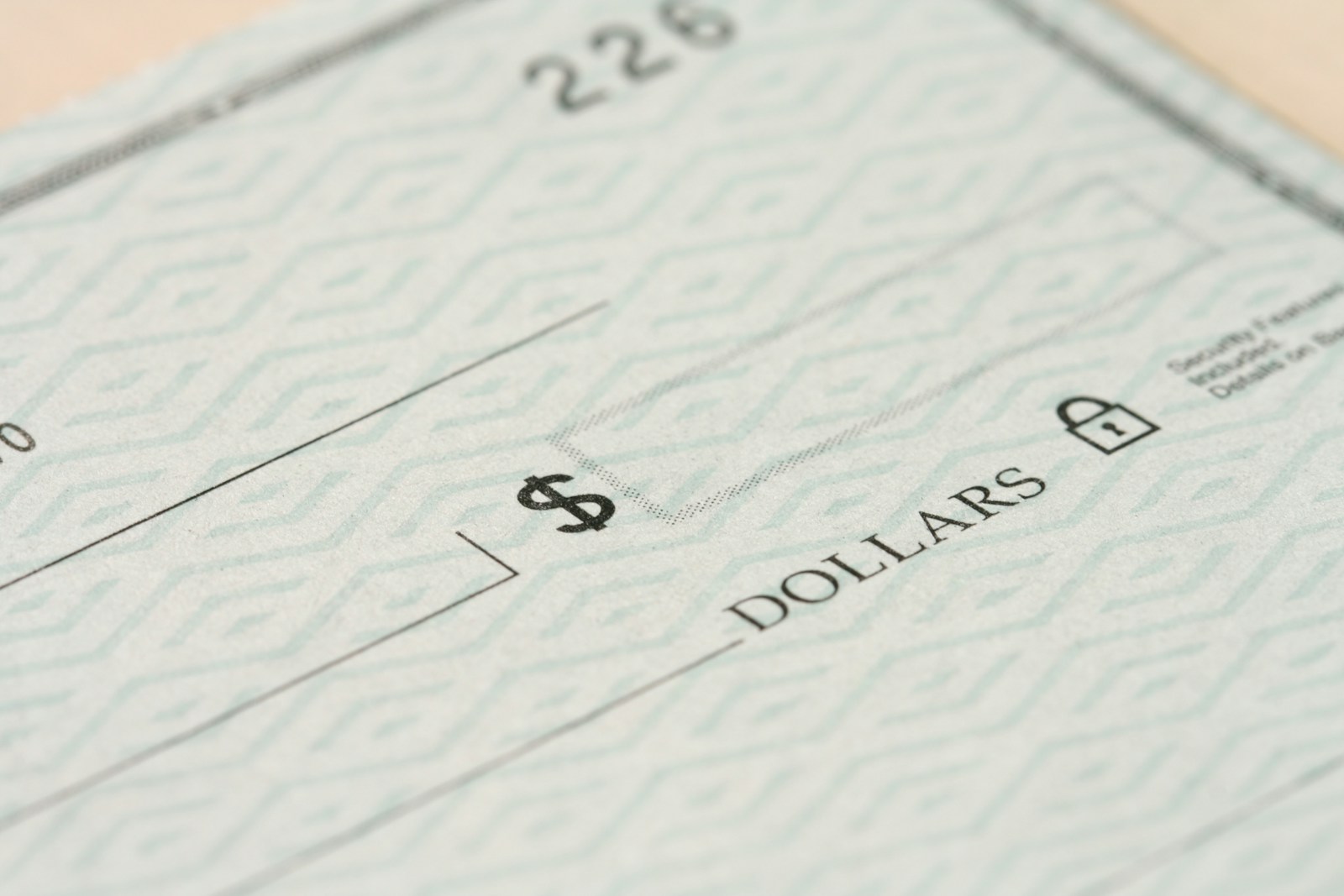How to Make the Most of Your First Paycheck: A Comprehensive Guide
Receiving your first paycheck is an exciting milestone, but it also comes with significant financial responsibilities. In this guide, we’ll walk you through essential steps to manage, save, and invest your money wisely so you can build a strong financial foundation.

1. Understanding Your Paycheck
Before planning how to spend or save your paycheck, you need to understand what you're earning and where your money is going.
Gross vs. Net Income
Gross Income: This is your total salary before taxes and deductions.
Net Income: This is your take-home pay after deductions for taxes, insurance, and retirement contributions.
Common Deductions
- Income Tax: Federal and state tax deductions.
- Social Security: Contributions towards social programs.
- Health Insurance: Premiums for health benefits.

2. Budgeting Strategies
Creating a budget helps you plan how to allocate your paycheck effectively.
The 50/30/20 Rule
This simple rule suggests dividing your income into three categories:
- 50% - Needs: Rent, utilities, groceries.
- 30% - Wants: Entertainment, dining out.
- 20% - Savings: Emergency fund, investments.

3. Saving and Investing
Saving and investing are key to building long-term financial stability.
Emergency Fund
Start by saving at least three to six months' worth of expenses in an emergency fund.
Retirement Planning
Contribute to retirement accounts early, such as a 401(k) or IRA, to benefit from compound interest.
4. Managing Debt
Debt can derail financial plans if not managed properly.
- Prioritize paying off high-interest debt.
- Avoid unnecessary credit card spending.

5. Financial Education
Commit to ongoing financial education. Follow reputable blogs, read finance books, and stay informed about money management trends.
FAQs
How should I divide my first paycheck?
Follow the 50/30/20 rule for a balanced approach.
Should I start investing with my first paycheck?
Yes, even small contributions to retirement funds can grow significantly over time.